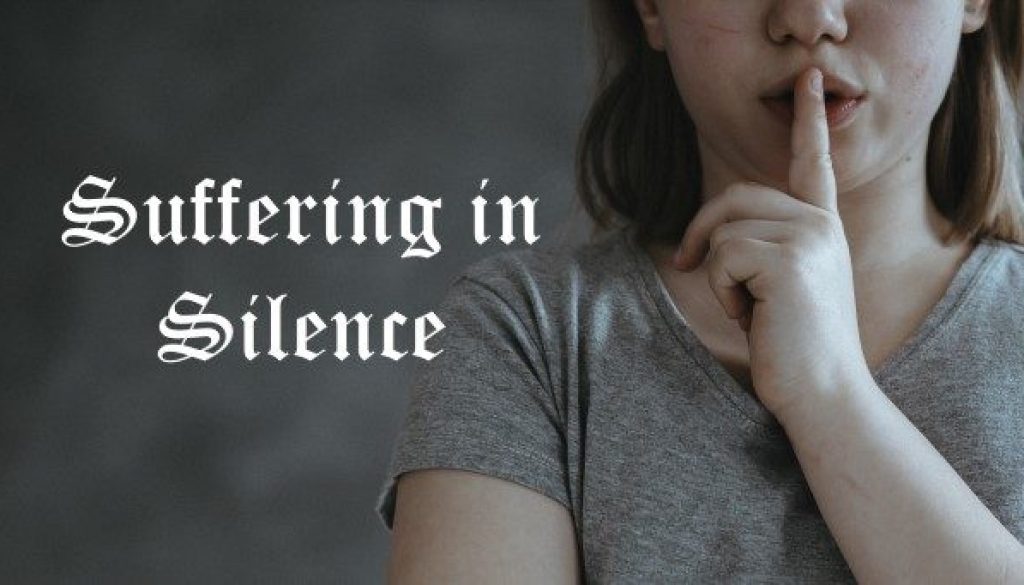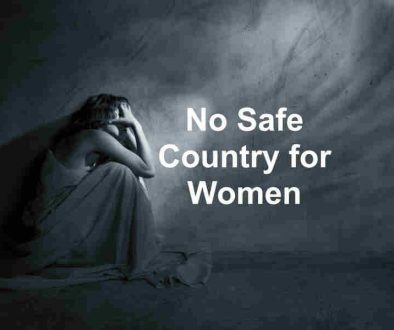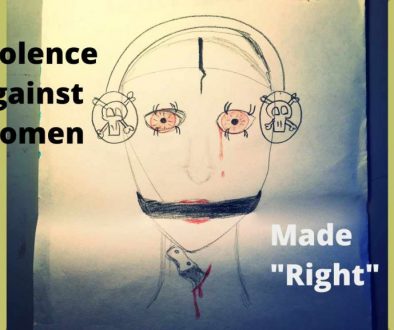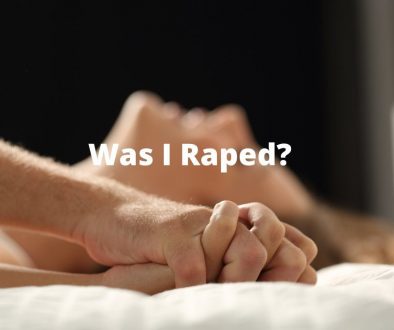Why do we Suffer in Silence?
Imagine being in bed with your partner. Maybe just thinking about this disturbs you but do it anyway. Your partner kisses and caresses you but all you want is for “it” to be over.
Why is it sooooooo hard to say “No”, especially during sex?
We’d rather silently suffer than take a stand for how we are truly feeling, which may be disgusted, unsafe, out of control or any combination of these.
I have done this for years. I’d rather suffer than to say “No”; I allowed myself to be abused again and again but I didn’t say anything. After years of therapy, my understanding is that this “silence” comes from two places:
- Women are shamed for their gender, for their sexuality and this happens right from our early ages
- If you have been abused as a child (which most women have been), then one of the foundational coping strategies that we develop is the “freeze” response. We’d rather freeze than fight or flee.
Have you realised how much “gender-shaming” we women get exposed to as children?
We see our mothers “suffering” for others and we use that as a model for living our lives. The patriarchal society that we live in, tells us that we are not that important (just because we are women). We bear the discomfort and difficulties of pregnancy and pains and risks of birthing; we spend years raising our children at the cost of our own well-being but our children don’t get our name.
We learn that there is more “honour” for women to be nurturing and serving the family but the authority and credibility goes to the one who earns the money – the patriarch.
If we wear short skirts, we are slutty. If men are flirtatious, they are just progressive and being manly.
The gender-shaming we live with is so subtle, so ingrained in our psyche that we never feel “good enough” and when we face situations that we don’t want, we’d rather suffer and say nothing.
As if this wasn’t enough, men had to traumatise us as well and show us their “physical” power by intimidating and violating our sexuality. We learn to “freeze” rather than fight or flee. This “freeze” response becomes our primary way of coping.
And we work hard at perfecting the freeze response. We numb our emotions; we lay dead; we disconnect from our feelings and from our bodies. The result – we become really good at freezing.
How can we heal in the face of the freeze response?
The real question is whether you really want to?
Owning your needs and desires is going against the grain; saying “I am important” is not what we are taught so if you want to work at it, you will have to crush every “voice” inside of you and outside of you that tells you that you are not worth it.
And this is not easy to do. You have probably spent “all” your life thinking of yourself as small and not worth it. You want to heal but there is a voice inside of you nagging “What about my family. They need me”, “I have to be there for others”, and “I can’t afford to fall apart and do this”
This is probably the single most decision that you will ever make. making “YOU”, “WORTH IT”.
What happens once I decide that “I AM WORTH IT”
The very first thing you can do is start becoming “aware” of the times when you make others more important than yourself. Each time you don’t say “No”; each time you do something that you don’t really want to, just notice it.
Ask yourself these questions
- Who did I do this for?
- How does it feel to not acknowledge my own need?
- Where does it show up in my body?
- What is the reward for not acknowledging my need?
The last question may surprise you so I will use my own example. For years, I took responsibility for others and I didn’t own my own trauma. What I was actually doing was getting my need for “validation” met. If I did things for others, they would validate me and thank me and that made me feel good about myself. The problem was that the “hole” inside me remained empty no matter how much validation I received from others. At the end of the day, I had to own my need for “validation”, rather than manipulate others into giving it to me. When I did, I became more authentic and vulnerable and my experience changed. The hole started to fill itself.
When you are making “others” more important, you may be trying to fulfil your needs in an indirect way. Knowing about this may significantly help you.
And lastly, just be gentle and compassionate. Healing takes time and it happens in bits and bursts. The key is to just keep on going. As you become more aware, you can start to make different choices and slowly change your internal world.
May the Force be with you.



